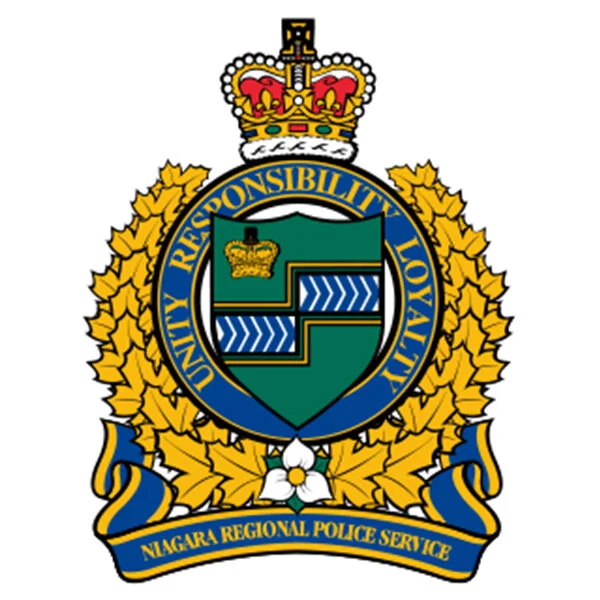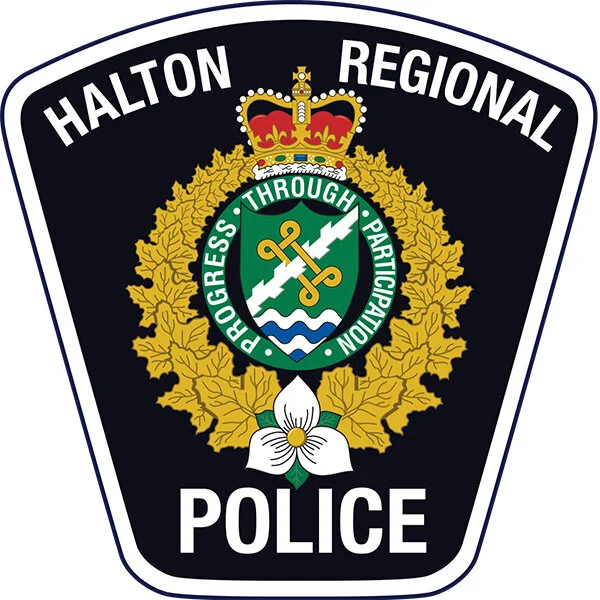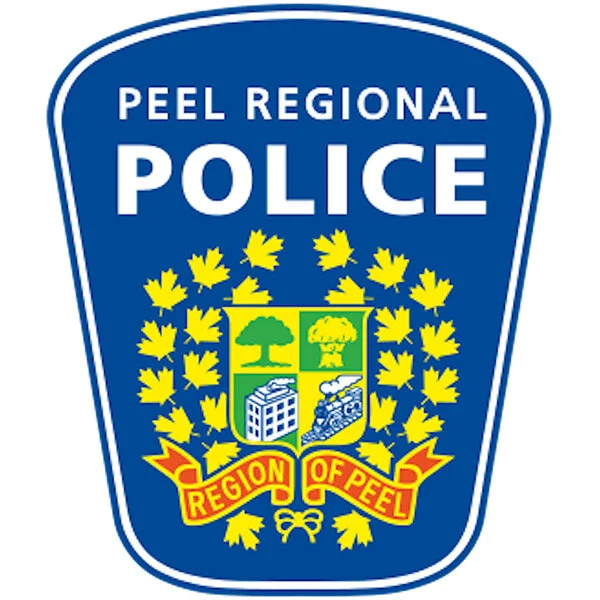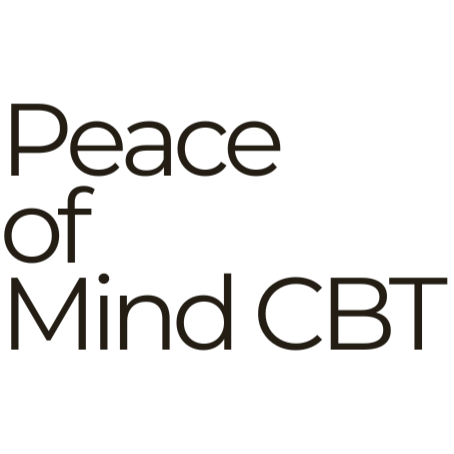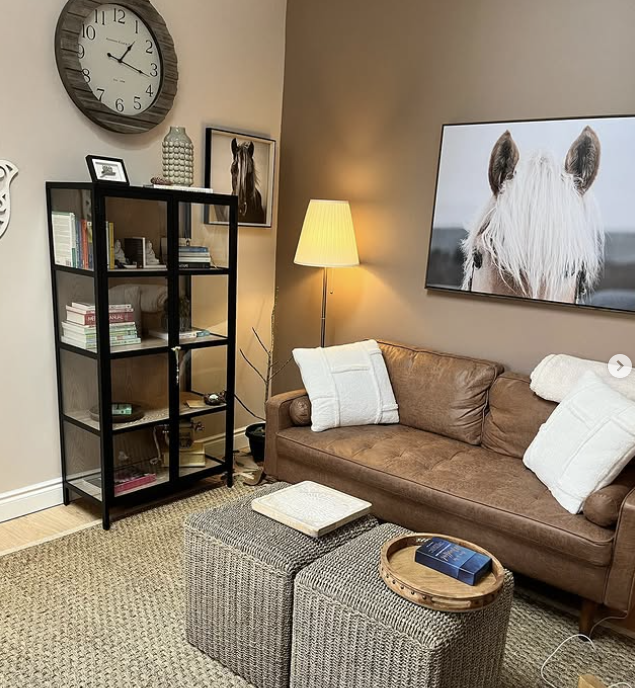
Police. Firefighters. Paramedics.
Different uniforms, same burden - resilience rebuilt here
Specializing in Cognitive Behaviour Therapy (CBT) & Trauma-Informed Care
Welcome to Peace of Mind CBT
Not a First Responder? We are here to support you.
At Peace of Mind CBT in Burlington, we understand that life’s challenges look different for everyone, and no one should face them alone. With specialized experience supporting first responders navigating trauma and high-stress environments, we also provide care for children, youth, young adults, couples, families, and members of the LGBTQ+ community. Our approach is rooted in compassion and evidence-based Cognitive Behaviour Therapy, helping clients build resilience, find balance, and regain a sense of control. Whether you’re coping with trauma, anxiety, depression, or relationship challenges, we create a safe and supportive space where your unique story is valued, and where meaningful, lasting change can begin.
Children
~
Youth
~
Young Adults
~
Couples
~
Families
~
LGBTQ+
~
Children ~ Youth ~ Young Adults ~ Couples ~ Families ~ LGBTQ+ ~
What is CBT and Trauma Therapy?
Cognitive Behaviour Therapy (CBT) is an evidence-based approach that helps you understand how thoughts, feelings, and behaviours influence one another. With a trained clinician, you learn practical skills, like reframing unhelpful thinking, problem-solving, and gradual exposure to reduce anxiety, depression, and stress in day-to-day life. Trauma therapy focuses specifically on the impact of distressing experiences. In a safe, paced, and collaborative space, we work to calm the nervous system, process memories, and relieve symptoms such as hypervigilance, avoidance, and intrusive thoughts. Depending on your needs, your therapist may draw from trauma-focused CBT, EMDR, and grounding or somatic techniques. At Peace of Mind CBT, we tailor care to your goals so you can build resilience, restore a sense of safety, and move forward with greater clarity and confidence.
How Can First Responders Benefit from CBT and Trauma Therapy?
Anxiety & Stress: Worry, overthinking, panic, social anxiety, performance stress.
Depression & Low Mood: Loss of motivation, negative self-talk, withdrawal from activities.
Trauma & PTSD: Intrusive memories, hypervigilance, avoidance, shame, or guilt after distressing events.
Frontline Pressure: Exposure to critical incidents, compassion fatigue, and burnout.
Obsessive–Compulsive Concerns: Unwanted thoughts, rituals, checking, or reassurance cycles.
Phobias & Health/Somatic Anxiety: Specific fears, medical/health-related worries, body-based anxiety.
Sleep & Lifestyle Challenges: Insomnia, irritability, difficulty winding down.
Life Transitions & Grief: Relationship changes, workplace stress, loss, and adjustment.
If you’re feeling stuck in unhelpful patterns or want tools that work in daily life, CBT and trauma-informed care can help. Reach out to start a plan that fits you.
Peace of Mind CBT services first responders and members of their families, including police, fire departments, and paramedic services in Hamilton, Niagara, Halton, and across the Greater Toronto Area.
CBT and trauma therapy can help a wide range of people, whether you’re navigating everyday stress or healing from difficult experiences. At Peace of Mind CBT, we tailor care for first responders and their goals so they can learn practical skills, calm the nervous system, and move forward with greater stability and confidence.
Trauma Therapy and CBT helps

Meet the Founder of Peace of Mind CBT
Alison Pereira is an expert Psychotherapist and CBT clinician with over 25 years of experience in trauma-informed care. As the founder of Peace of Mind CBT, she and her team specialize in supporting first responders with complex PTSD, trauma, depression, anxiety disorders, and addiction.
Alison’s passion for supporting first responders is rooted in her journey. As a young recruit, she participated directly in the police hiring process and attended the Ontario Police College (OPC). However, during the era of government cutbacks, police budgets and positions were significantly reduced, ultimately shifting the direction of her career. Today, Alison feels privileged to work on the other side, helping first responders navigate the psychological toll of the profession and build resilience throughout their careers.
Coffee Corner with a Therapist
Taking the first step toward therapy can feel overwhelming, which is why Peace of Mind CBT created Coffee Corner with a Therapist. In this unique, relaxed space, conversations with a therapist feel as natural as sitting down over coffee. This one-of-a-kind approach helps break down barriers, making support more accessible, less formal, and stigma-free. It’s part of our commitment to creating compassionate, approachable care that meets you where you are.
Relaxed & Welcoming – A comfortable space where conversations feel natural, not clinical.
Breaks Down Barriers – Makes it easier to talk about mental health without stigma or pressure.
Builds Connection – Encourages trust and rapport between clients and therapists in an approachable way.
Proactive Support – Offers a safe, early-entry point to explore challenges before they grow bigger.
Inclusive for All – Designed to support first responders, families, youth, couples, and diverse communities.
Say Hello to River, Our Therapy Dog
Breed: Sheppadoodle (F1 – German Shepherd × Standard Poodle)
Role: Therapy Dog | Companion for First Responders
River is smart, steady, and compassionate. A therapy dog whose working-breed roots make her perfectly suited to walk alongside firefighters, police officers, paramedics, and other first responders in their journey of resilience and recovery.
Why River is Well-Suited for First Responders
Grounding Presence: River provides immediate comfort and regulation during high-stress debriefings, therapy sessions, or after traumatic calls.
Adaptability: Can remain calm in chaotic environments (e.g., fire halls, police stations, or during therapy with first responders).
Bonding Strength: River’s loyalty fosters deep trust, which is crucial for first responders who may struggle with vulnerability and openness.
Physical and Emotional Support: Large enough for physical grounding (e.g., leaning against or applying pressure during distress) while also intuitive to emotional states.
Our Approach
Cognitive Behavioral Therapy (CBT) is a critical component in helping clients with PTSD. In our approach, CBT plays a crucial role in addressing the intrusive thoughts, flashbacks, and negative beliefs often associated with trauma. Through CBT, clients learn to identify and challenge unhelpful thought patterns, such as feelings of blame or danger, that can perpetuate PTSD symptoms. By restructuring these thoughts and gradually confronting avoided situations or memories, clients gain a greater sense of control over their trauma responses. CBT's emphasis on changing both thought patterns and behaviours makes it highly effective in reducing hypervigilance, anxiety, and emotional distress in PTSD clients, contributing to their overall recovery and improved quality of life.
A common challenge in seeking therapy as a first responder is finding a culturally competent mental health professional. Many first responders have been challenged by spending too much time explaining the logistics of their work (i.e., how the schedule works, ranks, and job duties). It can be frustrating and challenging to find a provider who can hear about the calls that you have been on and continue to be grounded and hold space for you. A culturally competent therapist can make a dramatic difference in your therapeutic experience. Meeting someone who knows and understands shift work and how the biological changes that occur during shift work.
A first responder needs to be heard and feel safe. With Alison’s background, she knows and understands the types of calls experienced and the exposures to danger and trauma. Sometimes dark humour is beneficial, and understanding the challenges of transitioning from work to home mode is extremely valuable. Our personalized approach will allow you to get started on your goals while feeling confident that your provider knows your job's unique aspects and culture.
The common theme we face together is the shared experience of navigating trauma, stress, and the emotional toll of being on the front lines.
PTSD
CBT
Trauma-Informed Care
Trauma-Informed Grief
PTSD Neuroplasticity
Reconsolidation Therapy
Peace of Mind CBT Team
Alison Pereira
Focus of Care
Specialized Training
PTSD Neuroplasticity
PT
River
Focus of Care
Specialized Training
Focus of Care
PTSD, Resiliency, Anxiety (general and performance) and Depression, Physical Injury Trauma, Self-Confidence and Esteem, Pain
Chantal Cote
Specialized Training
SFBT, Trauma Approach, Stress Resiliency, Emotion-Focused Therapy (EFT), CBT, CPT, Narrative Therapy, Mindfulness, Mind-Body approach
Think “I can, and I will.”
Specialized Training
Trauma-Focused Cognitive Behaviour Therapy (TF-CBT), Cognitive Processing Therapy (CPT), PTSD, Sexual and Intergenerational Trauma, Complex and Prolonged Grief, Death & Dying, Sexuality, Personality Disorders and the Biopsychosocial Model of Addiction.
Focus of Care
First responders, PTSD, Intergenerational Trauma, Grief and Loss, Anxiety and Depression, Sexuality, Intimacy, Anger and Interpersonal Relationship Issues.
Crystal Natolino
Focus of Care
Trauma and PTSD, anxiety, depression, ADHD, emotional regulation, resiliency and mindset strengthening, self-esteem, and life transitions
Lauryn Bruzzese
Start the Conversation
You don’t have to carry this alone. Reach out to us with questions or to schedule your confidential session and start your journey to healing, calmness, and a renewed sense of self.





